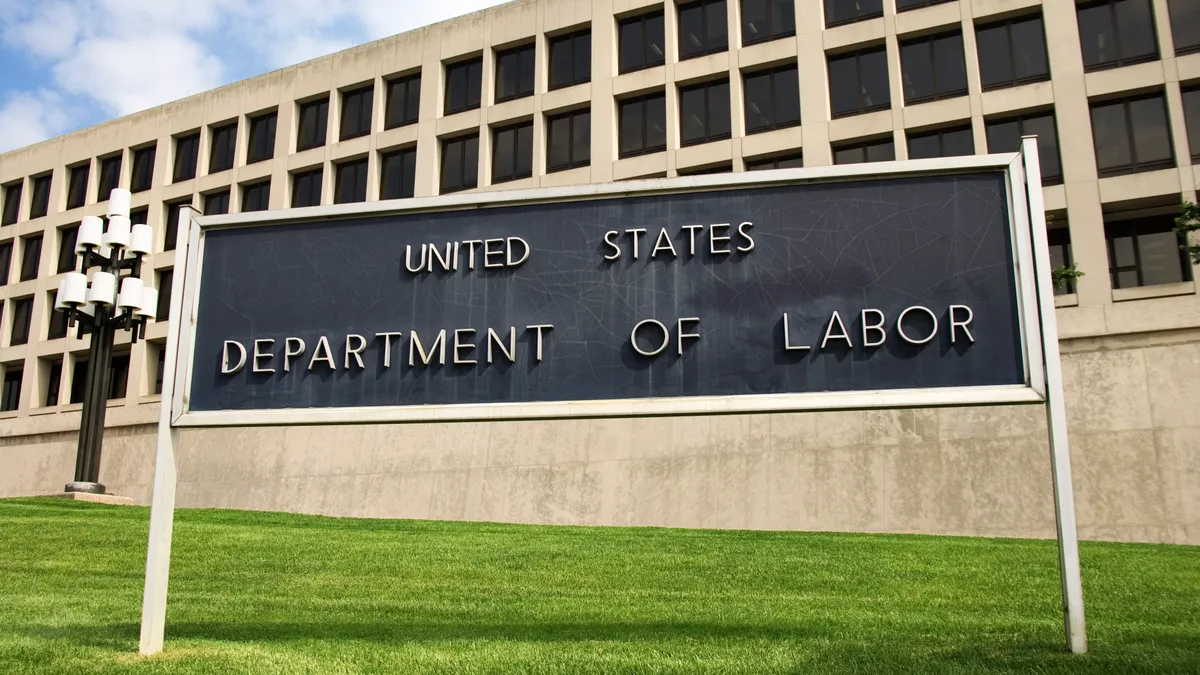The U.S. Department of Labor will give stakeholders until Dec. 13 — roughly an extra two weeks — to comment on its proposed changes for independent contractors following complaints from business groups about the original timeline.
The agency earlier this month proposed a rule change that, if finalized, is expected to increase the number of workers businesses would need to classify as employees. The public was invited to comment for 45 days but groups such as the U.S. Chamber of Commerce urged the agency to give them more time.
“Given the enormous number of companies and sole proprietors who will be affected by this regulation, and the serious concerns we have with the proposal, more time is required to engage with businesses and solicit input on how this proposed rule would impact their operations,” the Chamber wrote in its request, asking DOL for an additional 45 days.
The National Association of Home Builders urged the agency to offer an extra 60 days, saying DOL “severely underestimated” the time companies would need to review the rule and estimate its potential financial impact on their businesses.
Employer representatives that already filed comments have largely asked DOL to reconsider its proposal, arguing that such an expansion of coverage would require a full overhaul for some companies and hamper already strained talent acquisition efforts at others.
Rideshare companies such as Uber and Lyft, however — the employers at which such policy changes generally have been aimed — have said the proposal wouldn’t upend their models.
Individuals working as independent contractors voiced mixed opinions in comments to DOL. A rideshare driver, for example, offered support for the proposal. Numerous writers, court reporters and others, however, expressed strong opposition.
“Yes, those Uber and Lyft drivers need worker protections,” wrote Michelle Liggitt, a self-described freelancer, in a comment to DOL; “But this rule is overly broad and would have enormous negative impacts far outweighing the help it might give to that small subset of gig workers.”













